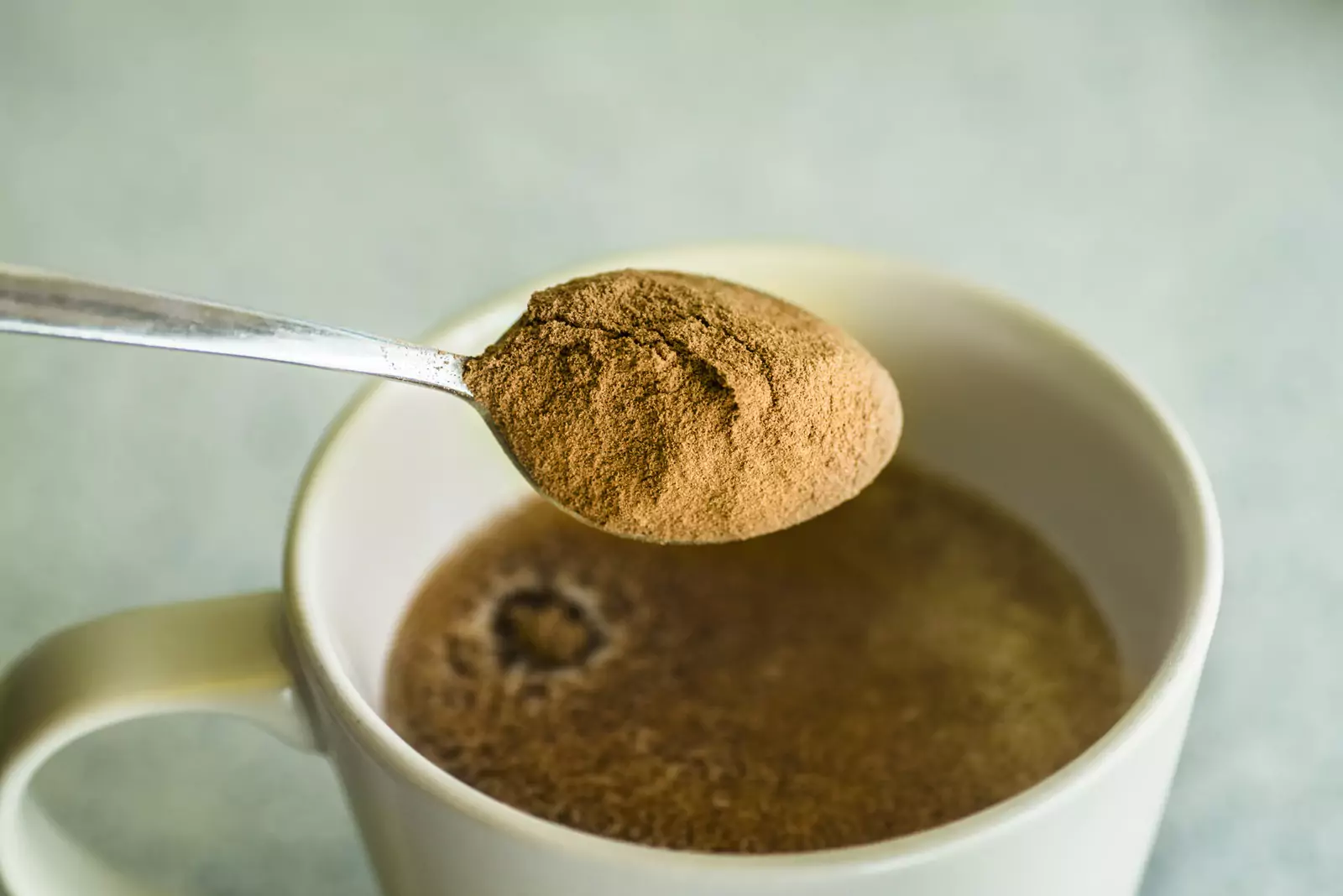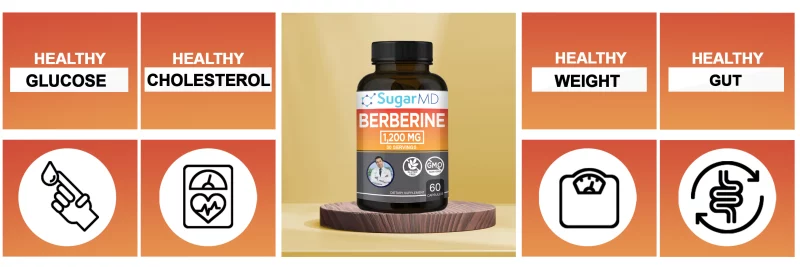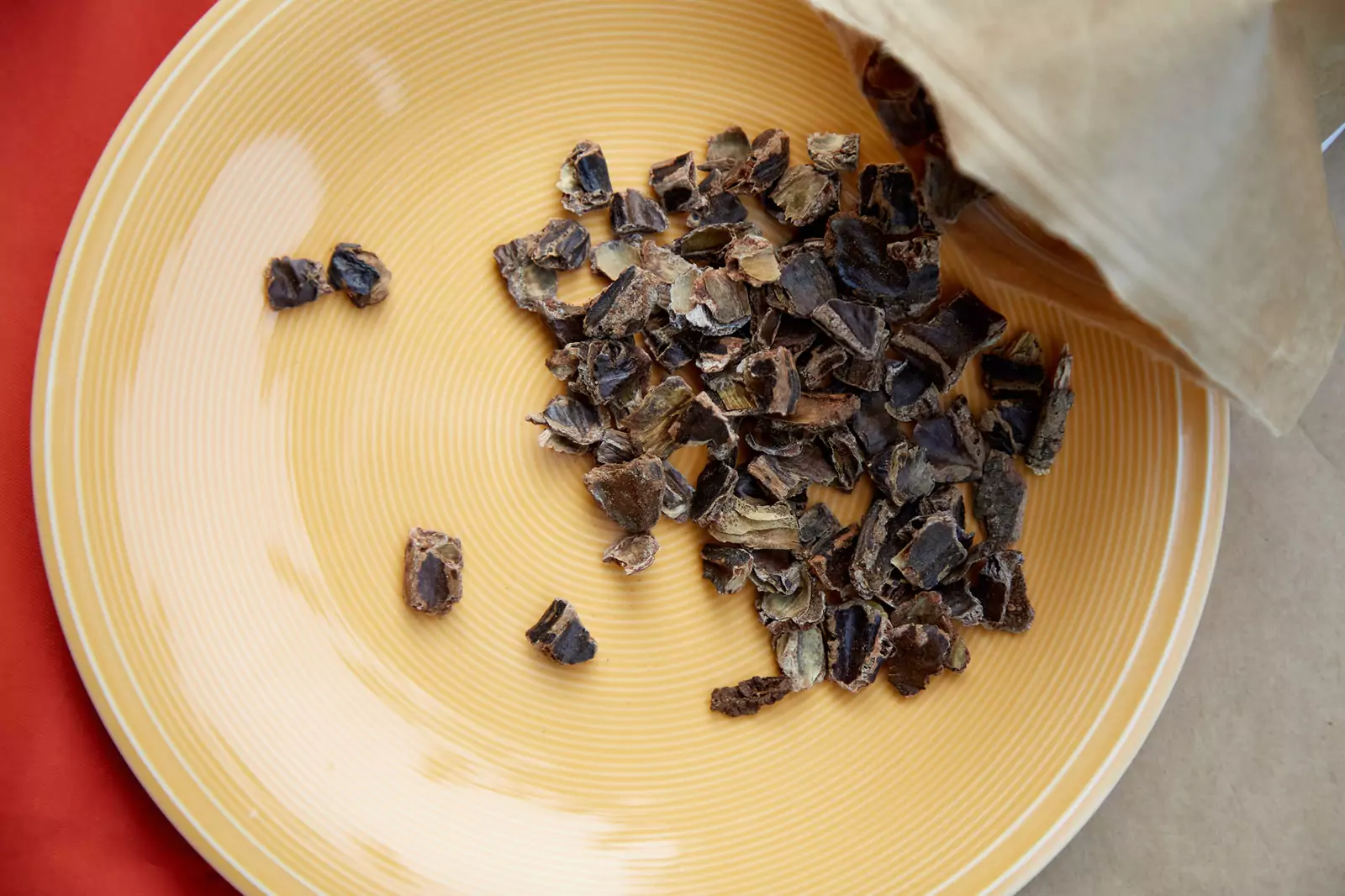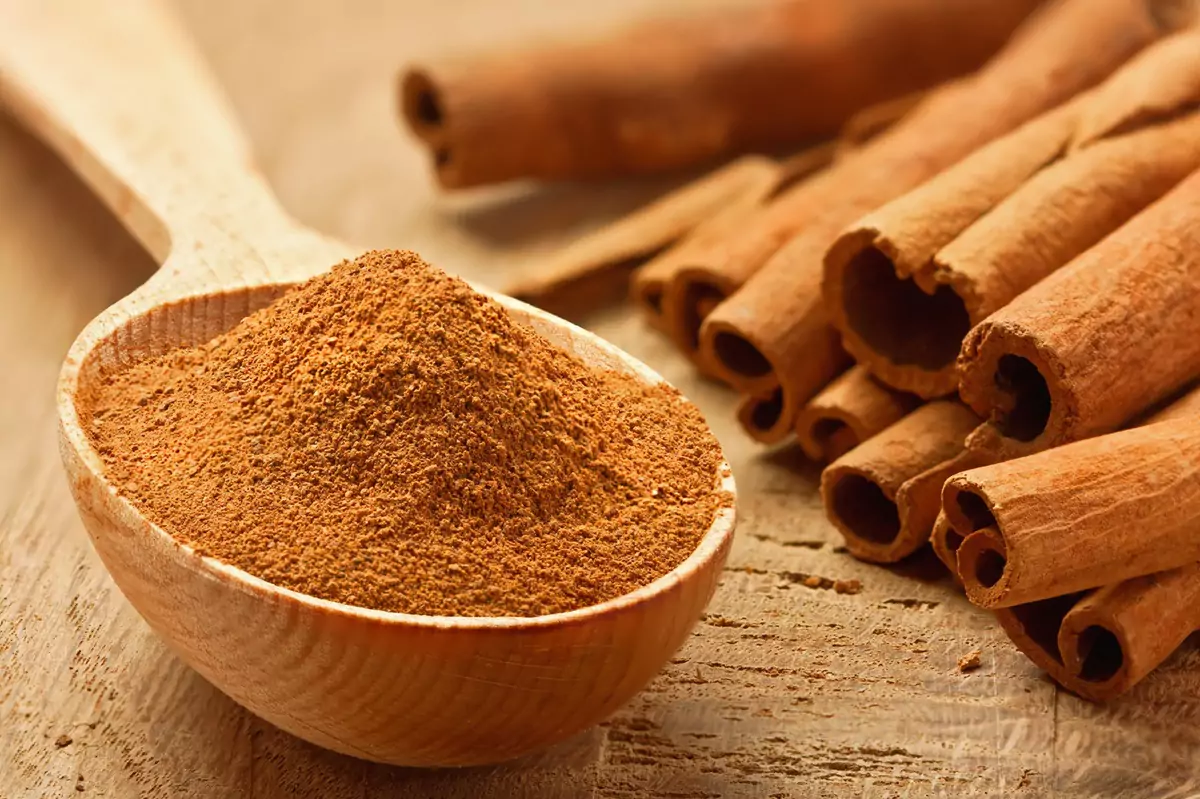
UP TO 40% OFF SITEWIDE






Common Myths and Misconceptions about Cinnamon


Cinnamon has been a part of human history for thousands of years. Used in everything from food to medicine, it's no wonder that a myriad of Common Myths and Misconceptions about Cinnamon surround this aromatic spice. But what's the truth behind these tales? Let's dive into the world of cinnamon and separate fact from fiction.
5 Myths about Cinnamon and Health
- Cinnamon Can Cure Diabetes: While cinnamon has been shown to help regulate blood sugar levels, it's not a cure for diabetes. It can be a helpful addition to a balanced diet and lifestyle, but it's not a magic bullet.
- All Cinnamon Types Are the Same: There are different types of cinnamon, including Ceylon and Cassia. Ceylon is often considered the "true" cinnamon and has lower amounts of coumarin which can be harmful in large amounts. Cassia, on the other hand, is more common but has higher coumarin levels.
- Cinnamon Causes Weight Loss: Some believe that cinnamon can magically melt pounds away. While it may aid in metabolism there's no substantial evidence to support cinnamon as a significant weight loss aid. Healthy eating and exercise remain the keys to weight management.
- Cinnamon Can Treat Chronic Diseases: Cinnamon has many health benefits, including anti-inflammatory properties. However, it's not a cure-all for chronic diseases. It can be part of a healthy lifestyle but should not replace medical treatment for serious conditions.
- Cinnamon Is Safe in Any Amount: Like anything, too much cinnamon, especially Cassia, can be harmful due to the coumarin content. Moderation is key and it's wise to consult with healthcare providers if you plan to use cinnamon supplements or large amounts in your diet.
5 Misconceptions about Cinnamon Capsules
- Cinnamon Capsules Can Replace Diabetes Medication: Cinnamon capsules may help with blood sugar regulation, but they are not a substitute for prescribed diabetes medication. Always consult with healthcare providers before making any changes to medication.
- All Cinnamon Capsules Are Created Equal: The quality and type of cinnamon in capsules can vary widely. Look for reputable brands and Ceylon Cinnamon to ensure you're getting what you expect.
- Cinnamon Capsules Are Safe for Everyone: While generally considered safe, cinnamon capsules may not be suitable for everyone, especially those with liver issues or certain allergies. Individual consultation with healthcare providers is essential.
- Cinnamon Capsules Provide Instant Results: Some may expect immediate effects from taking cinnamon capsules, but natural remedies often work gradually. Patience and consistent use, along with a healthy lifestyle, are key.
- Cinnamon Capsules Are Only for Blood Sugar Control: While often associated with blood sugar, cinnamon capsules may offer other benefits, such as aiding digestion or reducing inflammation. However, more research is needed to fully understand all potential benefits.
Facts vs. Fiction in Cinnamon Usage
Cinnamon, a spice that has been cherished for its flavor and medicinal properties for thousands of years, has recently gained attention for its potential effects on blood sugar levels. But with the rise in popularity comes a mix of facts and fiction that can lead to confusion. Let's unravel the truth.
The Truth about Its Effects
Cinnamon's impact on blood sugar levels isn't just a myth; it's backed by scientific research. Studies have shown that cinnamon can improve insulin sensitivity and lower blood sugar levels. But how does it work? Cinnamon contains compounds that mimic insulin's effects, helping your body regulate blood sugar more efficiently.
However, not all cinnamon is created equal. Ceylon cinnamon, known as "true cinnamon," is considered the best type for health benefits, including blood sugar control. On the other hand, Cassia cinnamon, commonly found in grocery stores, contains higher amounts of coumarin which can be harmful in large amounts.
SugarMD Super Berberine
Speaking of natural remedies, SugarMD Super Berberine deserves a special mention. This superior supplement combines the power of dihydroberberine and 100% pure Ceylon cinnamon to help maintain healthy glucose metabolism.

Conclusion
Navigating the world of natural remedies can be like walking through a maze, especially when it comes to popular options like cinnamon. The key is to separate facts from fiction and understand what truly works. Cinnamon does have potential benefits for blood sugar control, but it's essential to choose the right type and use it wisely.
Combining it with other supplements like SugarMD Super Berberine can enhance its effects, offering a comprehensive approach to blood sugar management. Remember, though, that supplements are not a substitute for a healthy diet, exercise and regular medical care.
They are part of a broader strategy to maintain health. So why not spice up your life with a dash of cinnamon, knowing the facts and take a step towards a healthier you? After all, isn't health the real wealth?
About The Author
Meet Dr. Ahmet Ergin a highly skilled and dedicated endocrinologist with a passion for diabetes care. Dr. Ergin earned his medical degree with honors from Marmara University in Istanbul. He completed internal medicine residency and endocrinology fellowship at Cleveland Clinic.
Dr. Ergin is board-certified in Internal Medicine, Endocrinology, Diabetes and Metabolism due to his vast medical expertise. He's a certified diabetes educator, author of "The Ultimate Diabetes Book," and founder of "the SugarMD YouTube channel."
Dr. Ergin offers exceptional diabetes care to his patients in Port Saint Lucie, FL, helping them manage effectively. Disclaimer: These statements have not been evaluated by the Food and Drug Administration. Information on this website isn’t intended to treat, cure or prevent any disease. Discuss with your doctor and do not self-treat.
Written By Dr. Ahmet Ergin
465 total articles
Meet Dr. Ahmet Ergin, a highly skilled and dedicated endocrinologist with a passion for diabetes care. Dr. Ergin earned his medical degree with honors from Marmara University in Istanbul. He completed internal medicine residency and endocrinology fellowship at Cleveland Clinic. Dr. Ergin is board-certified in Internal Medicine, Endocrinology, Diabetes, and Metabolism due to his vast medical expertise. He's a certified diabetes educator, author of “The Ultimate Diabetes Book,” and founder of “the SugarMD YouTube channel.” Dr. Ergin offers exceptional diabetes care to his patients in Port Saint Lucie, FL, helping them manage effectively. For a closer look into his insights and experiences, connect with Dr. Ahmet Ergin on LinkedIn, Instagram, and YouTube.”
Disclaimer: These statements have not been evaluated by the Food and Drug Administration. Information on this website isn't intended to treat, cure or prevent any disease. Discuss with your doctor and do not self-treat.
Products













